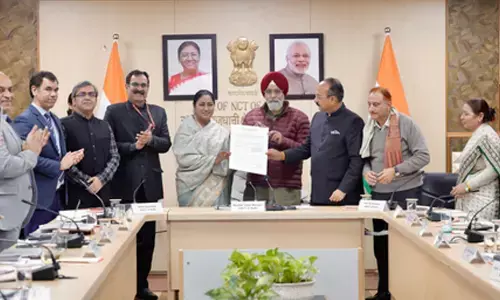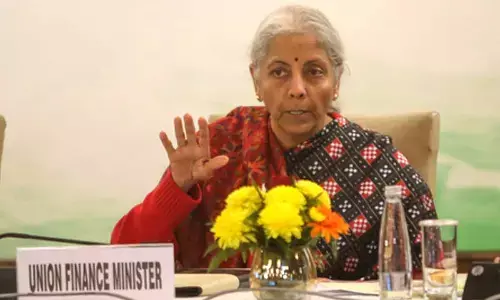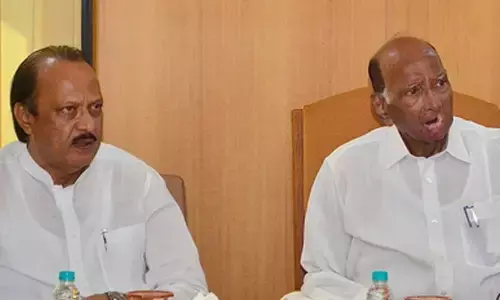India needs strong data protection law: Expert

As the Indian government steps up the pressure on internet and social media giants to store consumers' data locally - especially the payments-related data
As the Indian government steps up the pressure on internet and social media giants to store consumers' data locally - especially the payments-related data - the road ahead is not easy for over one billion citizens as internet giants have lobbied against the data protection law in the country for long, says the man who has taken the Facebook-owned WhatsApp to the court.
Reacting to a report that WhatsApp has set up data storage facilities in India for its soon-to-be-launched Payments service, advocate Virag Gupta said the truth would only come out on July 17 when the Supreme Court takes up the next hearing in the NGO's plea against WhatsApp.
"I do not know whether there is any truth here. Internet giants have lobbied against data protection laws for long. Right noises are also being made at the G-20 and World Economic Forum but why should the sovereign Parliament wait? India should promptly enact data protection law and notify IT Intermediary Rules," Gupta said.
"In addition, internet giants ought to comply with the Indian laws, including the appointment of Grievance Officer in India and data localisation," added Gupta who represents Centre for Accountability and Systemic Change (CASC) which says WhatsApp has not complied with the Reserve Bank of India's (RBI) circular on data localisation norms.
In the last hearing on May 3, WhatsApp told the Supreme Court that the company is conducting a trial run of its payment service and will fully comply with the RBI norms on data localisation.
WhatsApp conducted the Payments trial last year with almost 1 million people to send money to each other in a simple and secure way. With over 200 million users, India is the largest market for WhatsApp.
On June 14, Union IT Minister Ravi Shankar Prasad said that the Ministry of Electronics and Information Technology (MeiTy) has finalised the much-anticipated Personal Data Protection Bill and the next required step is a Cabinet approval before the Bill goes to the Parliament.
With the government saying it will not relax the Reserve Bank of India's (RBI) norms for data localisation, the road ahead has become tough for global digital payment providers who have sought more time to comply with the guidelines.















